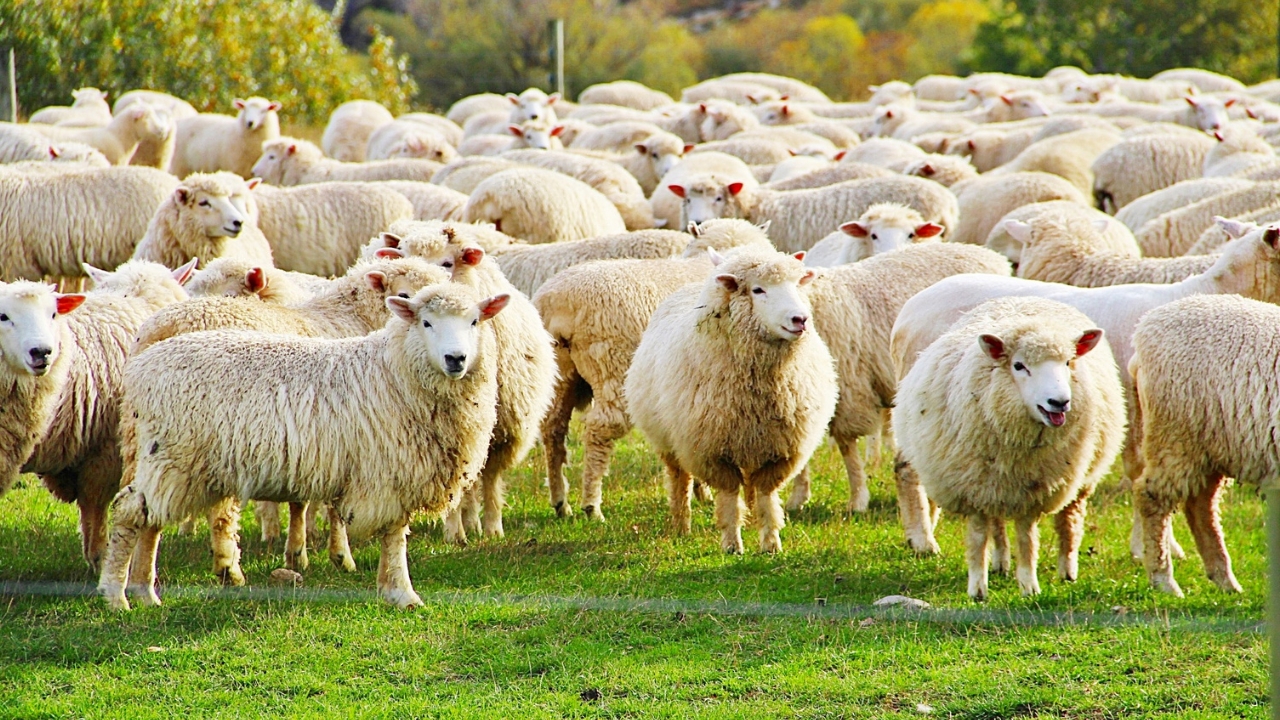
A Nutritionist’s Warm Guide to When to Enjoy Flaxs
Nutritionist Deepsikha Jain recommends 1–2 tablespoons of flaxseeds—morning, before meals or as a sn

Photo: CBC
Jessica Frenette owns Bird’s Hill Farms, a farm north of Woodstock, New Brunswick. She raises a special kind of beef called Japanese Wagyu. Wagyu beef is famous for being very tender and tasty because the cows are cared for carefully to make the meat soft and rich.
Jessica wanted to sell her beef beyond New Brunswick to people and restaurants in nearby provinces like Nova Scotia, Prince Edward Island, and Newfoundland. Many chefs and food lovers in those provinces are interested in her meat and want to add it to their menus or try it themselves.
Earlier this year, discussions started about making it easier to sell food between provinces in Canada. Jessica thought this would help her business grow by letting her ship Wagyu beef to these nearby provinces more easily. But she was wrong.
Jessica learned that strict federal rules still prevent her from shipping beef outside New Brunswick. While she is allowed to sell within her province, shipping to other provinces is limited. This makes it hard for a small business like hers to grow.
Usually, meat processing rules are controlled by each province. But when meat is sent across provinces, more strict rules come from the Canadian Food Inspection Agency, or CFIA. These rules mean that the meat must be processed in federally approved slaughterhouses.
For Jessica’s farm, this means she has to send her cows to a big federal slaughterhouse called Atlantic Beef Products in Albany, Prince Edward Island. This process costs a lot and is not practical because she processes only one or two cows at a time. She also says freezing the meat at that facility is expensive and would use up her whole profit.
Another problem is that Wagyu beef is graded differently than other beef. Small farms like Jessica’s have special ways of handling their beef, which are not always possible at federal facilities.
Restaurants in Nova Scotia and other provinces wish they could serve Jessica’s beef but find it easier to buy Wagyu imported from far away countries like Australia than to get it from nearby Bird’s Hill Farms. For example, a chef in Halifax said it feels strange that he can get Wagyu from Australia, which is thousands of miles away, but not from a farm five hours’ drive away.
Jessica and some chefs believe the rules are unfair and cause unnecessary problems for small local farmers who try to produce high-quality products.
Experts say these strict rules exist to protect the public. Because not all meat processing plants work at the same level, the Canadian government wants to keep standards high to make sure all meat is safe to eat.
Canada also must follow international trade rules. For example, meat imported from other countries must meet tough safety checks. If Canada allowed some meat to be processed with lower standards inside the country, other countries might stop buying Canadian meat.
Although the problem has been talked about for more than 20 years, little has changed. The idea of making the rules similar across provinces is discussed regularly but is hard to complete.
One suggestion is to raise New Brunswick’s inspection rules to match federal standards so that meat processed there could be legally shipped to other provinces without extra federal checks.
Jessica hopes for agreements where provinces recognize each other’s safety checks. For example, if beef is safe to eat in New Brunswick, it should also be safe to send and sell in Nova Scotia without extra restrictions.
Bird’s Hill Farms began raising Wagyu beef eight years ago with small expectations. Jessica thought it would be a simple, local business. But now she believes she could grow much bigger if she was allowed to ship her beef more freely.
She learned that political talk about removing barriers often comes with many rules and challenges. Because of this, it is hard for small farmers like her to know how to grow their business.
Jessica has a great beef product wanted by many, but strict shipping and processing rules stop her from selling outside her home province. Many hope these rules will change someday to help local farmers, small businesses, and food lovers enjoy more Canadian products across the country.